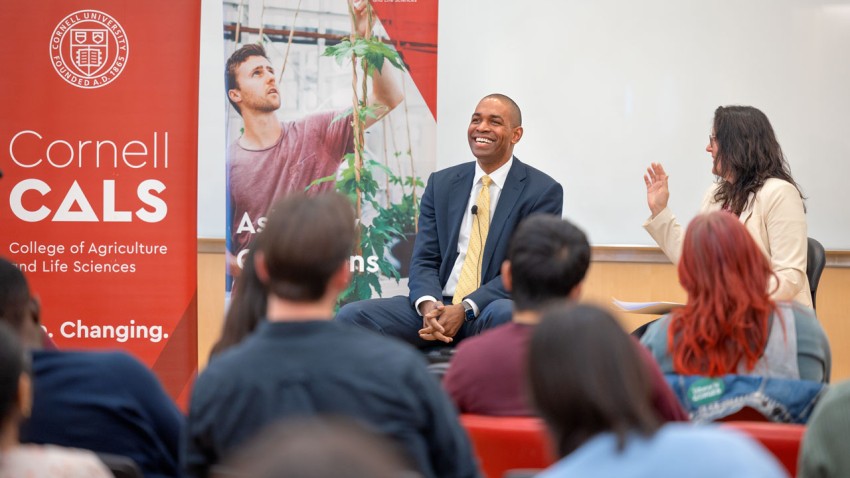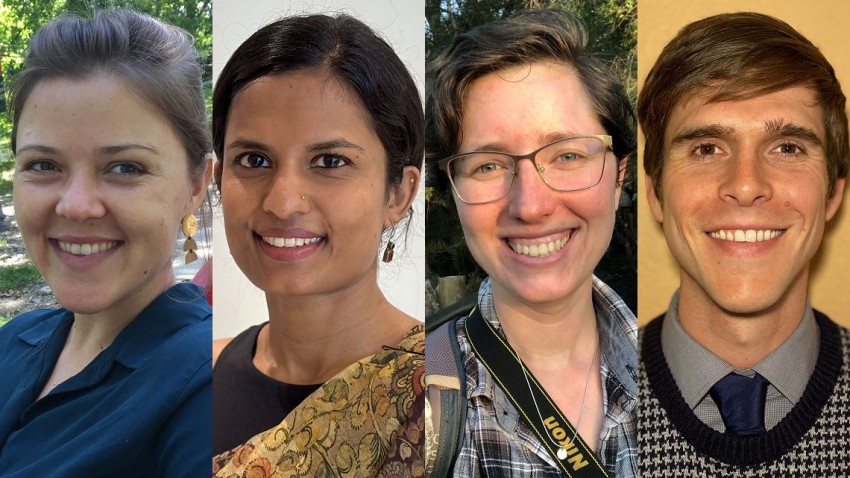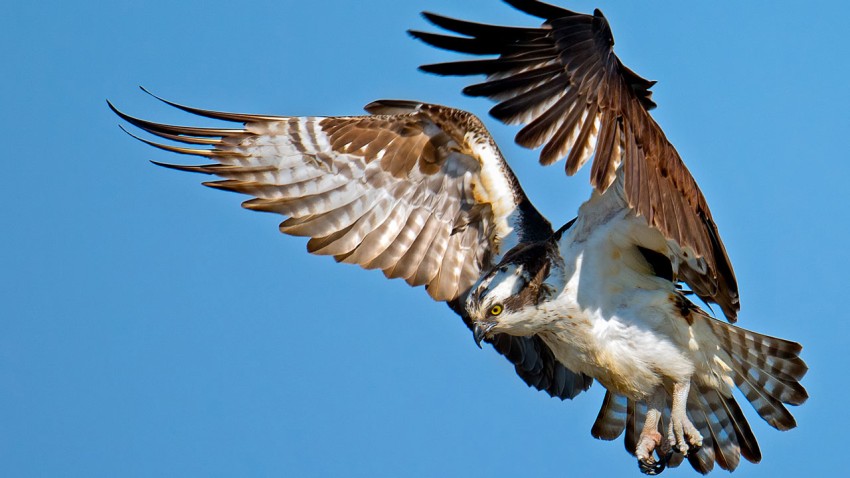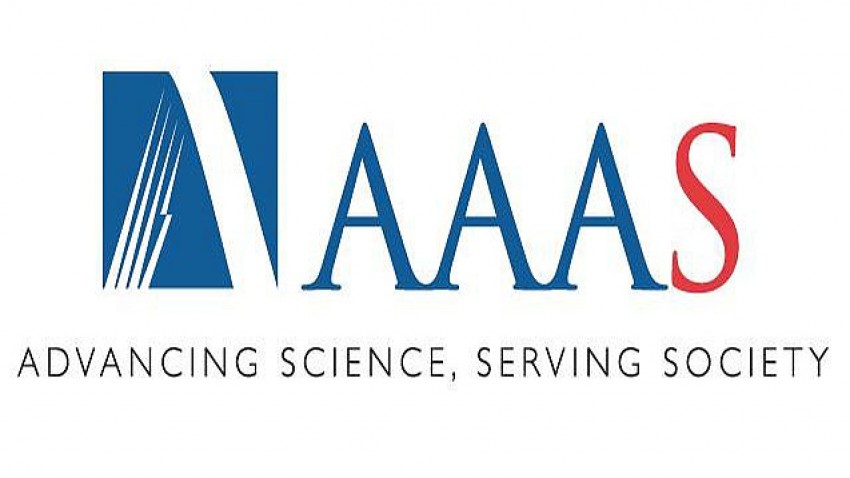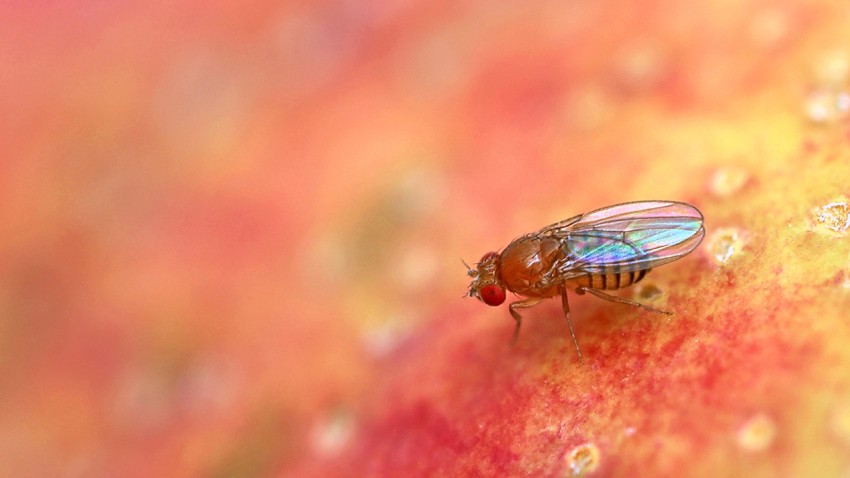News
New York Lt. Gov. Antonio Delgado engaged with students and faculty on topics ranging from biological engineering to nutrition to 4-H programs during his first tour of the Ithaca campus on Feb. 2.
A new study finds that nest boxes of commercial eastern common bumblebees (Bombus impatiens) lead to the deaths of wild queens who are attracted to the brightly colored hives.
The New York Outcomes Fund pilot will pay farmers in the Great Lakes watershed to adopt regenerative practices.
A summer internship in sustainable agriculture and food systems enables undergrads from Cornell and across the country to work on a USDA-funded project focused on making policy more nutritious and sustainable.
Four next-generation scholars have been chosen as Cornell Atkinson Postdoctoral Fellows, forwarding projects focused on food security, energy transitions, One Health and climate change.
A new computer model using machine learning to predict migratory bird movement could open the door to new insights on migration timing, stopover sites, bird response to climate change, light pollution and more.
White-tailed deer – the most abundant large mammal in North America – are harboring SARS-CoV-2 variants that once widely circulated but are no longer found in humans.
Twelve Cornell and Weill Cornell Medicine faculty members – six of whom are also Cornell alumni – have been elected fellows of the American Association for the Advancement of Science, the world’s largest general scientific society.
A seminal fluid protein transferred from male to female fruit flies during mating changes the expression of genes related to the fly’s circadian clock, Cornell research has found.
Forte Protein – a new Cornell startup that grows commercial animal proteins inside agricultural plants – has joined the university’s Center for Life Science Ventures business incubator.

